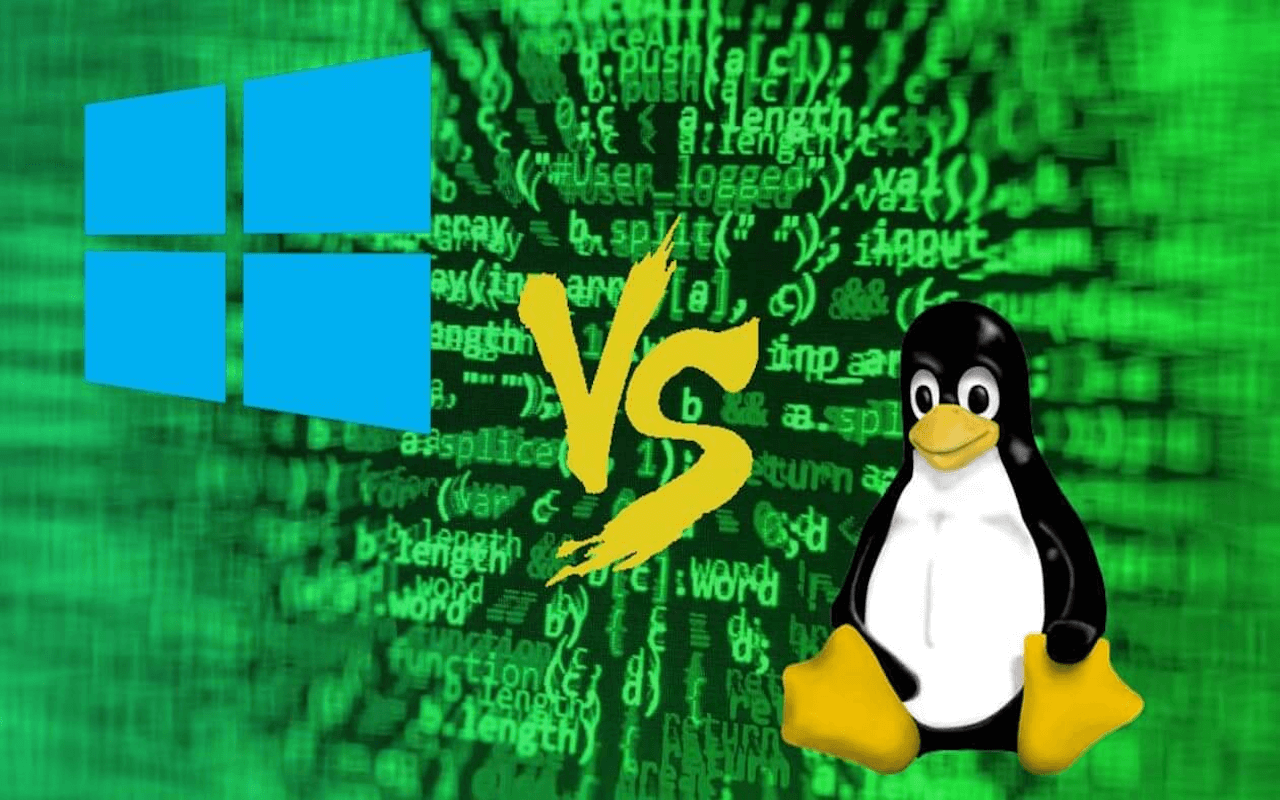How to choose a server OS⚡Solving business tasks

Choosing a Server Operating System — How to Select an OS for Your Server?
Since a server is not just a computer but a hardware-software system designed to solve a variety of tasks, selecting which operating system (OS) to install is a critical decision for planning your further actions. Essentially, the choice of the operating system determines the set of server software that will be used and the server’s required capacity for deploying this software. Which operating systems are used on servers, and how do you know which OS is best suited for your needs?
Types of Operating Systems
What is a server operating system, and how does it work? Why do you need a server OS? Let’s break it down. There are two main types of server operating systems: Windows Server and Linux-based server OS. These server operating systems differ significantly (in philosophy and supported software), so when deploying a server, it’s important to understand how Linux differs from Windows. Let’s examine what the main server OS developers provide and explore which OS is best for your server.
Linux Family Operating Systems
Strictly speaking, Linux is not a server operating system. Linux is the kernel of an operating system — the central part that provides interaction between applications and the computer’s resources: processor time, memory, and connected devices. The kernel also manages the file system and network protocols. Essentially, it is the heart of the operating system. The Linux kernel is distributed under the GPL license with open source, meaning anyone can use, modify, and apply it as they wish. This makes Linux a popular open-source OS for servers.
However, the kernel alone cannot operate; it requires a set of specialized software to transform it into an operating system (OS) for a web server, file server, or home server. This combination of the kernel and software is called a Linux distribution or Linux-based distro. These are maintained both by communities of enthusiasts and numerous companies. Therefore, the answer to “which operating systems exist?” is simple — hundreds, all distributed under the GPL license with open source.
This is the main advantage of Linux-based distributions over Microsoft competitors: they are completely free, yet offer comparable functionality. While some tasks are solved differently, deployment of a Linux dedicated server requires a certain level of expertise, making them ideal for file servers or home servers on a limited budget.
Which Linux Distribution to Choose for a Server?
We recommend choosing the most popular distributions, as they have large communities, most issues are documented, and there is support available. The most popular server OS distributions for Linux are Debian Server and Ubuntu Server.
Debian, one of the oldest Linux distributions, dates back to 1993. Today, Debian has the largest repository of ready-to-use software packages, supports all processor architectures, and can be deployed on any server with or without a graphical interface. Its philosophy prioritizes stability: all packages are thoroughly tested before release. Therefore, Debian is highly valued for servers where stability is critical. Installing Debian minimizes the risk of a failed update breaking the system. Paid technical support is also available. Debian is often chosen for enterprise or home servers due to its reliability.
The main drawback of Debian’s stability is slower access to the newest package versions.
Ubuntu Server addresses this issue. Based on Debian, Ubuntu shares its package base but is updated with newer versions, providing faster access to new technologies while still offering paid support. Ubuntu Server is often chosen when the latest software solutions are important.
Windows Server
Although Windows Server may seem similar to desktop Windows, they are fundamentally different. Windows Server includes server management software, special services, and supports high-end hardware, including multiprocessor configurations. Desktop Windows cannot replace server OS, making Windows Server a paid OS suitable for server-specific tasks.
Linux vs. Windows
Which operating system is better — Windows Server or Linux? The answer depends on your tasks and the software ecosystem you use. Linux is usually free, while Windows Server is paid. For home servers, Linux is often preferred, whereas corporate solutions often use Windows Server.
Selecting a server OS is not easy. XServer specialists can help you choose the right OS for a file server, home server, or enterprise server based on your needs and goals.